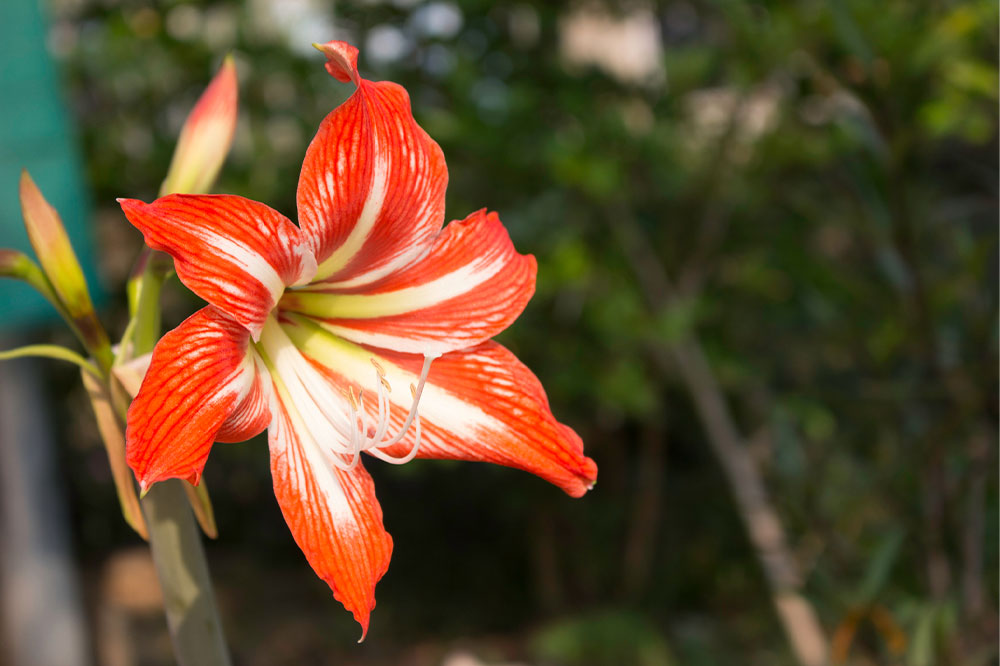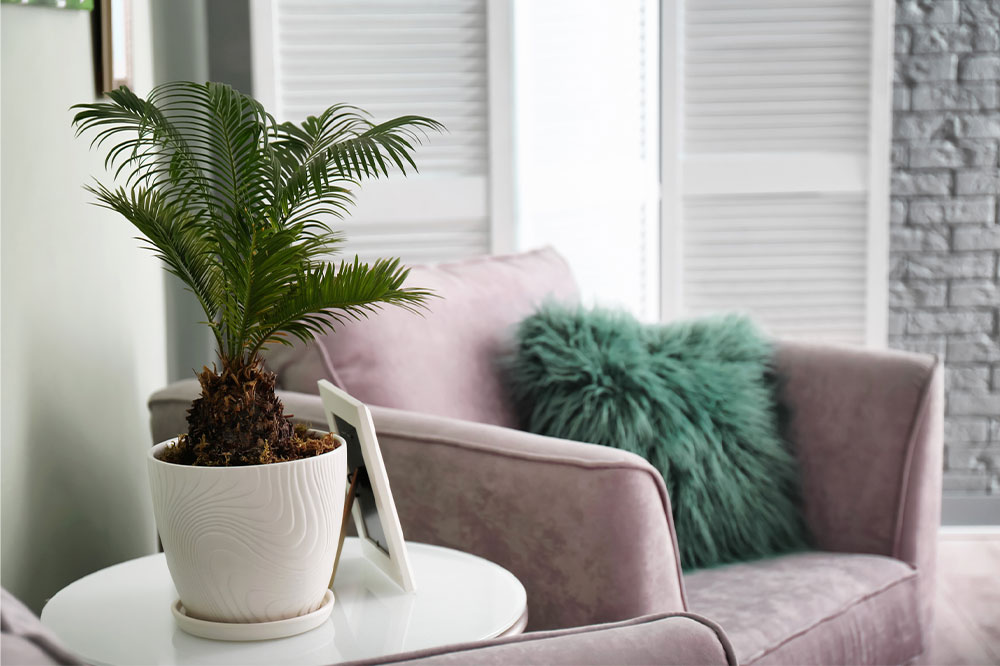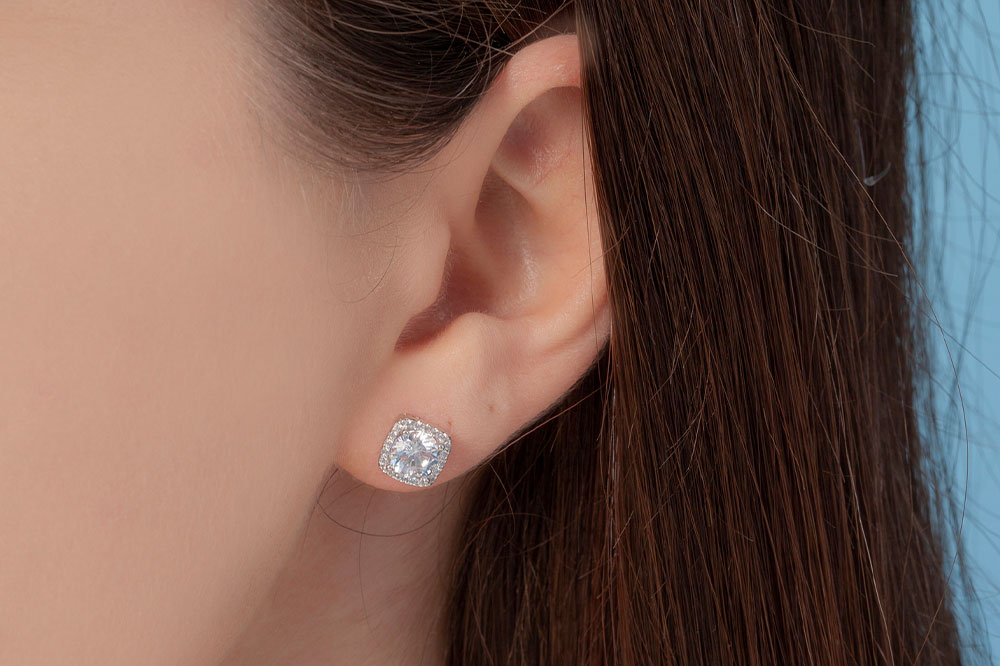8 common signs of itchy skin

Itchy skin or pruritus is a sensation most people experience at some point. It is generally harmless and often annoying. However, if itchy skin persists continuously over a long period, it may indicate an underlying health condition. Also, if the itching occurs over the same body area and does not go away with simple remedies, one must consult their primary care doctor for a proper diagnosis. Here are some common signs of itchy skin that may require attention.
Dry skin
Dry skin is one of the most common causes of itching. When the skin cells lose hydration, the top layer becomes dry and flaky, which leads to irritation and repeated itching to get relief. Dryness can occur due to cold weather or low humidity. Excessive bathing, frequent showering with hot water, and using harsh soaps may also cause the skin to lose its natural hydration, leading to itchiness.
Rash or redness
Another common sign of itchy skin is when rashes develop over the affected areas. There can be redness as well, which results from inflammation. These rashes and red patches will vary in shape and size. These are usually areas of intense itching that worsen unless treated properly. Such rashes may develop due to allergic reactions, contact dermatitis, insect bites, or infection.
Peeling or cracked skin
This sign of itchy skin usually occurs in the areas where the skin tends to crease or fold naturally. These include the areas between the toes and fingers or areas behind the elbow or knees. This happens due to the accumulation of sweat, dirt, dead skin cells, and debris. The skin begins to peel or crack, leading to itching sensations. If not treated on time, these areas may have open fissures or pores developing on them.
Burning sensation
In some cases, a burning sensation may also occur as a symptom of itchy skin. It is often experienced as a constant stinging sensation left behind after itching the irritated area to get some relief. However, it only ends in a vicious cycle of discomfort and inflammation, which can disrupt daily routine activities if it becomes too severe. This is commonly observed when a person has psoriasis or eczema.
Hives or itchy bumps
Itchiness is often preceded by the development of hives or bumps on a particular area of the skin. This is generally indicative of an infection, insect bite, or an allergic reaction. Such a reaction may be caused by certain foods or clothing materials or contact with certain chemicals present in skincare or makeup products. The raised welts can cause intense itching, leading to skin irritation and inflammation.
Nighttime itching
In some cases, intense nighttime itching may occur. The severity can range from mild to severe sleep disruptions. This sign of itchy skin can occur due to various reasons, including skin conditions such as scabies or infestation by bugs such as bed bugs. Sometimes, nighttime itching also occurs due to underlying health conditions such as kidney dysfunction or liver disorder.
Thickened or scaly skin
A notable sign of chronic itching is a gradual change in the texture of the skin. The affected areas appear thicker than the rest of the surrounding skin due to the constant itching. Sometimes, the skin where itching has occurred persistently may also feel scaly. This generally happens in the cases of skin conditions such as psoriasis and lichen simplex chronicus that change the appearance of the skin in the affected areas.
Irritation after exposure to water
Some individuals experience aquagenic pruritus. It’s a rare condition that causes itching of the skin after prolonged exposure to water, even if the water is clean, chemical-free, and not heavily chlorinated. The itching usually occurs immediately after contact with water and may last up to an hour. Although there are no rashes, bumps, or visible skin lesions, the sensation of itchiness can be persistent and uncomfortable.
How to manage itchy skin at home?
When one experiences persistent itchy skin for the first time, there are some home remedies that one can try to alleviate the discomfort. Firstly, it is important to drink enough water for internal hydration and use a moisturizer suitable for one’s skin type to hydrate the affected area. Applying cool and wet compresses on the itchy skin can also help ease the itching. Additionally, switch to non-fragrant and hypoallergenic skin products and laundry detergents to avoid any potential irritants. However, if the itching persists even after trying these remedies, one must seek medical attention.









